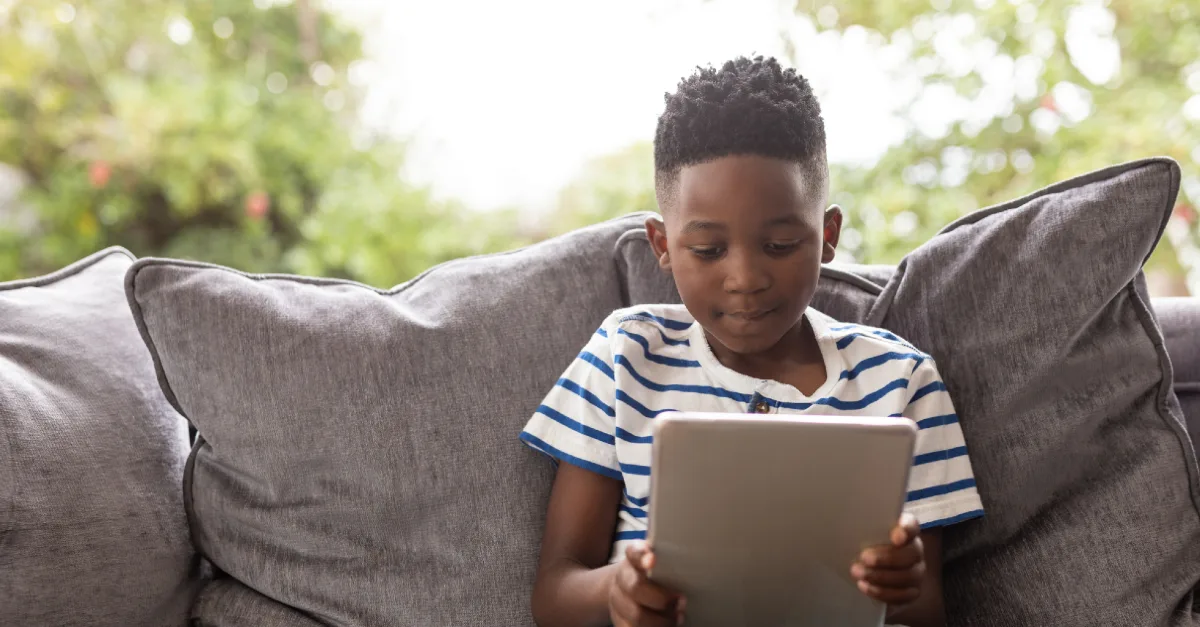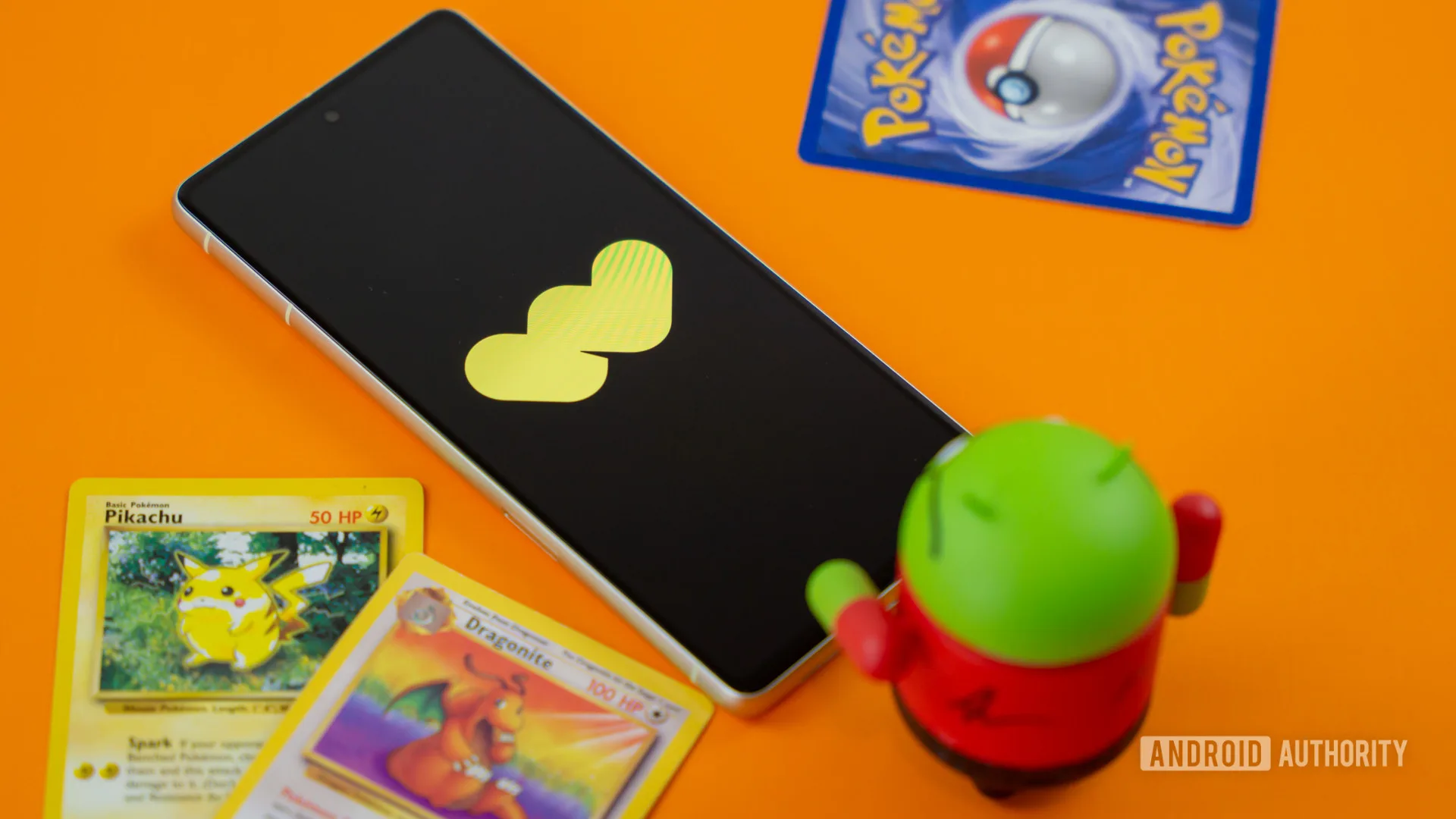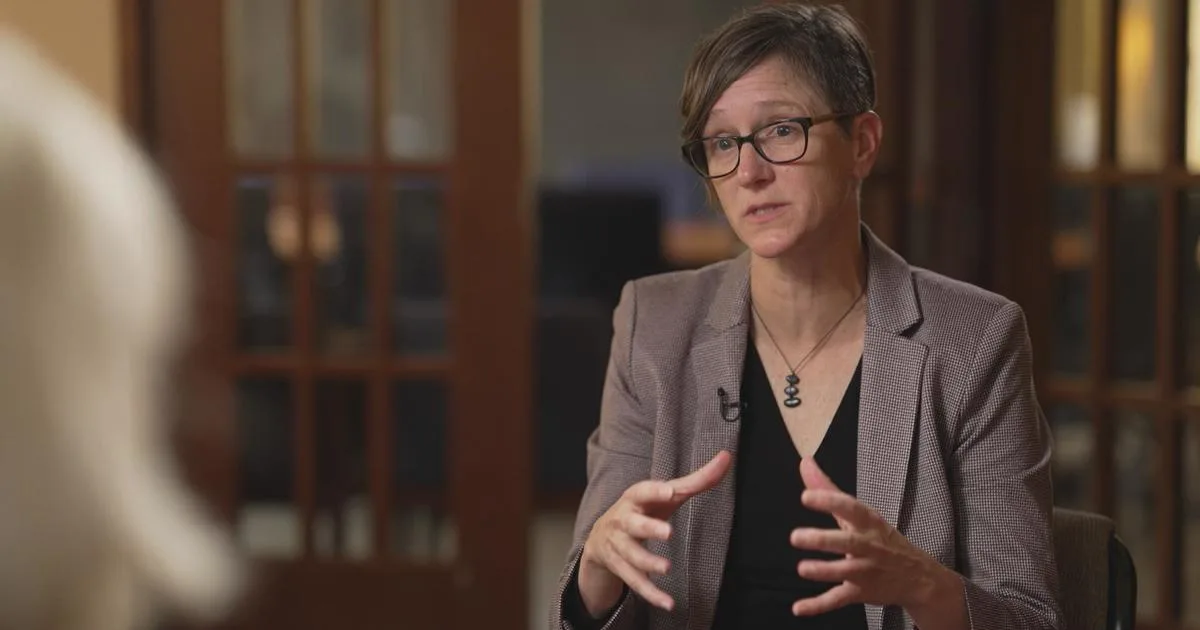Mental health apps can provide short-term benefit for seniors with depression, study shows
For seniors dealing with mental health issues, a digital intervention, such as a smartphone app, can be a lifeline. However, eventually they will need to see a professional to improve their symptoms, a new study states.
Assessing the level of anxiety or depression in seniors can be tricky and statistics are somewhat variable, depending on what region is being studied and whether the data is looking for depression or any mental health issue.
Seniors are at greater risk for feelings of loneliness and isolation, as well as mental distress due to physical and cognitive decline.
At least one study estimates that 37% of long-term care residents have some level of depression. Others have warned of a “senior mental health crisis.”
However, what seems to be consistent throughout senior living is a shortage of staff or available clinicians who can assist them.
“This study demonstrated the feasibility and acceptability of a simple and affordable intervention that can provide help to a large proportion of older adults with depressive symptoms,” the study authors wrote. “This would be a major achievement in [any region] with a large treatment gap and lack of specialists to cover such a need.”
The researchers looked at a tool called “Viva Vida,” an app that provided a variety of audio and digital messages for users.
Currently there is “little evidence” on apps’ effectiveness to address depression, the authors wrote. However, the authors found that within a three-month timeframe, the app was able to improve users’ mood and mental health to a meaningful degree.
After that time frame, however, the app ceased to be an adequate intervention, the research showed. In addition, based on the metrics they used, the “estimated intervention effect was lower than specified as the original target,” the authors noted, indicating that these apps are at best a stopgap measure.
These findings are similar to past studies’ findings on mobile apps for anyone with depression, young or old, who found such tools can both “get you through a rough time” and simultaneously feel “too good to be true” as an alternative to human care, experts for Harvard Medical School wrote.



